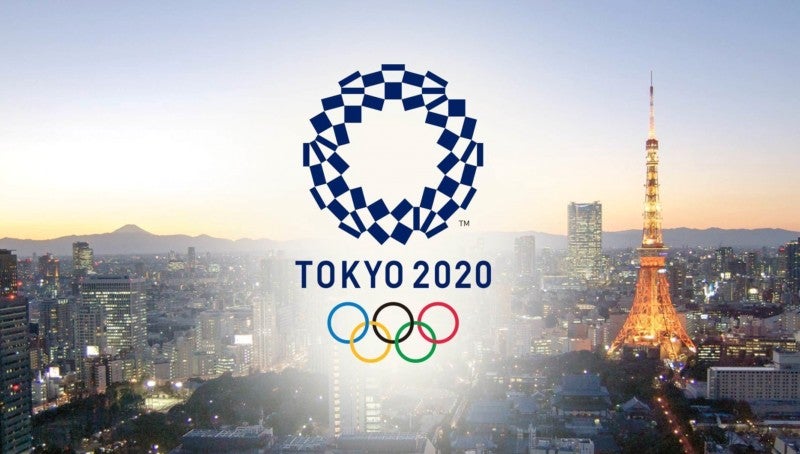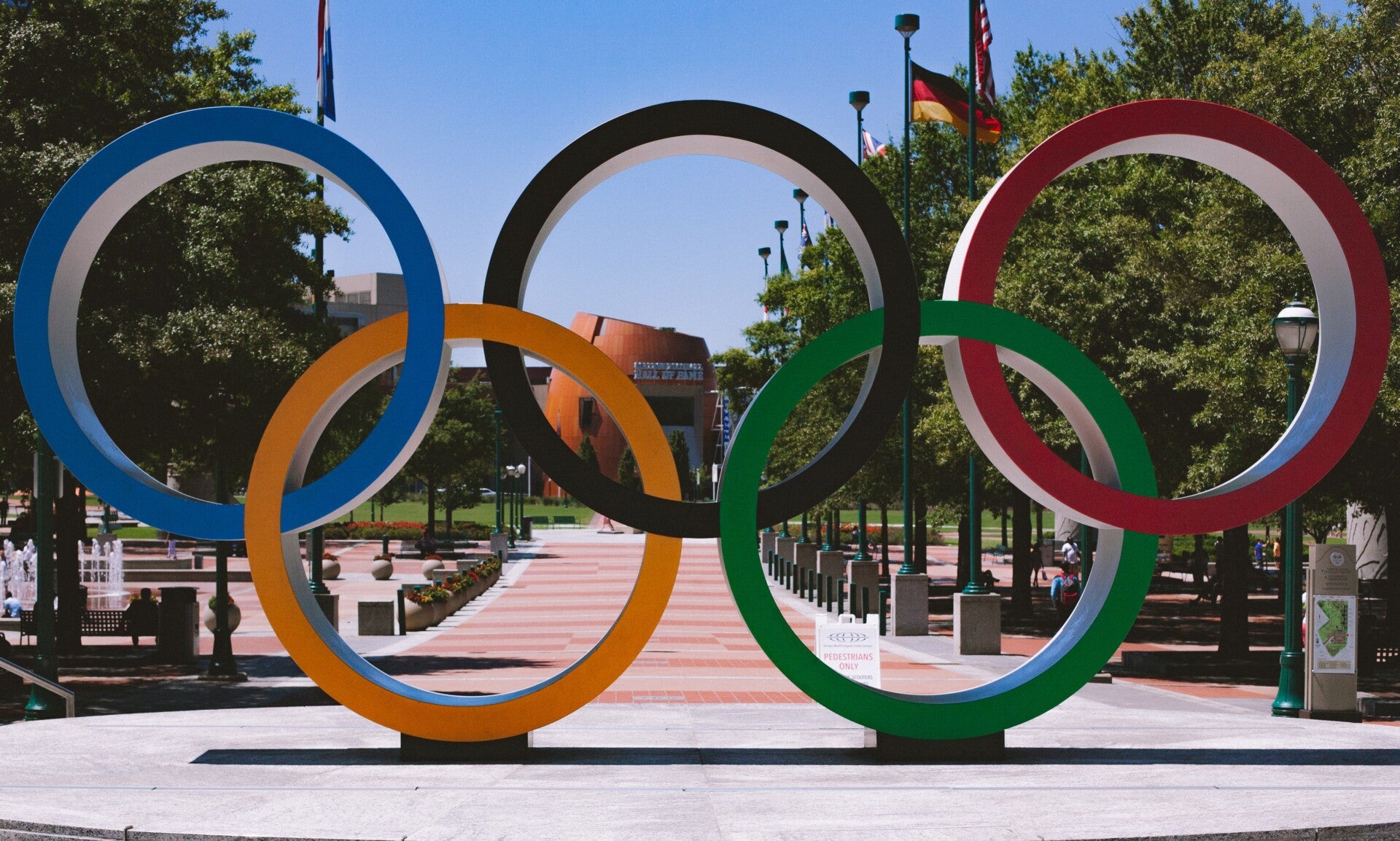A study by Oxford University suggests that Tokyo’s spending for the Olympics stands at $15.84 billion. This is more than the 2012 Olympics in London, where the spending was $14.95 billion.
Tokyo Olympics are getting ready to arrive in 2021. This time it is coming at a huge price. There are reports that the costs to conduct the Games are only going to increase. Bent Flyvbjerg, who is doing a study on its costs, says that it has already overrun by over 200%. The number will further increase when several billion dollars are added from the delay caused by the coronavirus.
The coronavirus pandemic has caused the planet to come to a halt. People have now moved indoors, as staying outdoors is increasing the risk of catching the virus. While people are indoors, they are taking part in different activities such as reading books, singing, or playing games like golden profits demo at online casinos. Various sites out there provide gamblers with a wide number of games to choose from, and this helps people stay busy and safe inside their homes. These can be played for free or for real money. It is only recently that people have started getting back on track, but with great caution. The pandemic has made the Tokyo Olympics organizers reschedule the games to 23rd July 2021. The study by the Oxford team takes into account the Olympic expenditure incurred since 1960. They have found that the amount just keeps on increasing, irrespective of the International Olympic Committee (IOC), claiming that they are cutting down on the cost.
It is only recently that people have started getting back on track, but with great caution. The pandemic has made the Tokyo Olympics organizers reschedule the games to 23rd July 2021. The study by the Oxford team takes into account the Olympic expenditure incurred since 1960. They have found that the amount just keeps on increasing, irrespective of the International Olympic Committee (IOC), claiming that they are cutting down on the cost.
Reasons Behind the Increasing Cost
There are various reasons that lead to an increase in the amount. The Government picks up a large part of the amount, and IOC only contributes a small portion of the amount.
• According to the study, the Olympics entail the highest level of risk, and not all cities might be able to deal with it. Most of the cities will not be ready to do this as it is too expensive, and it will put them into debt.
• The papers of the study quote Eric Garcetti, the Los Angeles Mayor, whose city is going to host the Olympics 2028, after it is held in Paris in 2024. He says that a majority of the cities are never going to say ‘Yes’ to the Olympics until they find the right model. If they are ready to move on, it means that the Government of the hosting cities is ready to face huge debts. The right model here means lower costs.
• It is quite difficult to track Olympic expenditure. This is a maze of debate and overlap. Organizers and politicians tend to argue over what the Olympic expenses are and what are not.
• The author of the study writes that, unfortunately, most of the time, the host and the officials often misinform about the overruns and costs of the Games. Thus, it is not possible to depend on the organizers, the governments, or IOC to provide them with reliable information regarding the cost overruns, the real amount, and the cost risk for the event.
• Flyvbjerg gives an insight into the high amount that is required for operating the games. This includes the capital cost, the operating money, and the money to build. One category that has been left out, but many times the most cost consuming, is building airports, renovating roads, etc. It is called the sprucing up project.
• The estimates for the study are conservative as there are loads of a hidden amount that is not possible to get into. Again, some amounts are too complex to be included. The things that give the most reliable numbers are included in the study. They have followed the same procedure for each city.
What Are the Numbers Involved?
As per the numbers by Oxford, the spending by Tokyo at present is at $15.84 billion. This has surpassed the London Olympics of 2012 that was considered the costliest Summer Games until now. A one-year delay in the event is going to increase the cost of several billion. The organizers are officially saying that only $12.6 billion would be the expenditure. Nevertheless, a national auditor has mentioned that the actual cost is twice that amount. This cost prediction by Oxford does not include some of the inconsistent expenses that they came upon during their study.
Tokyo had budgeted $7.3 billion as the overall hosting cost when they bid to host the Olympics in 2013. Flyvbjerg says that it is quite obvious that IOC does not like their results. However, it is very difficult to contradict research such as this. So, they have not taken the risk of investigating too much into the numbers. The Oxford research has created a problem for them.
IOC has recently mentioned that they have not seen the study by Oxford and have declined such comments. In fact, they referred to some other research performed by Sorbonne and Mainz Universities. According to this, the cost overruns, but it is on par with the other large-scale development projects. However, Flyvbjerg’s research has shown the opposite.
Flyvbjerg says that his team is in constant touch with the IOC. One of Flyvbjerg’s team attended the IOC workshop. According to him, the reason behind the increasing amount is that the IOC is not paying for them. Also, he cited the moving games and increasing security amount as the causes for the overshooting of the expenditure. This is known as the Eternal Beginner Syndrome, wherein the new games hosting cities should start all over from the beginning.
Flyvbjerg also says that IOC gives specifications but does not pay for them. This is just like giving specifications for a house you want to live in, but you do not have to pay for it. Obviously, this will make you get all the high-end materials for the house. This is what happened overnight.

















